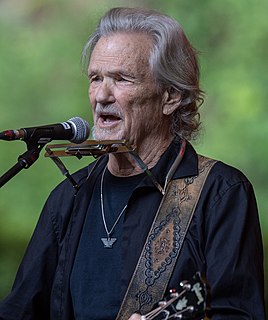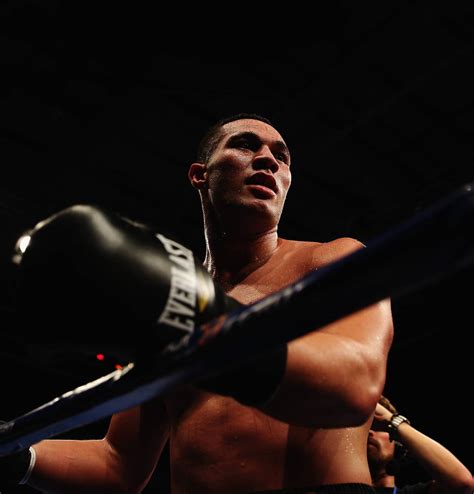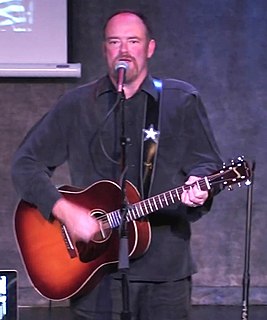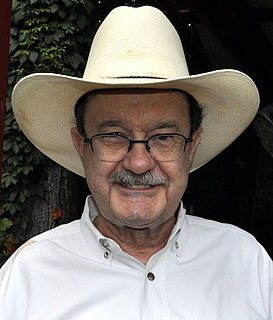A Quote by Kris Kristofferson
I gave everything I ever wrote to Johnny Cash. I think he said later in some interview that he would take them home and throw them in the lake with all the other demos. I'm sure he got a million of them.
Related Quotes
I’m not the smartest guy in the world, but I’m certainly not the dumbest. I mean, I’ve read books like "The Unbearable Lightness of Being" and "Love in the Time of Cholera", and I think I’ve understood them. They’re about girls, right? Just kidding. But I have to say my all-time favorite book is Johnny Cash’s autobiography "Cash" by Johnny Cash.
So many use dad's name, saying 'Johnny Cash would not like this' or 'Johnny Cash would do this' or 'Johnny Cash would vote for... ' Please, let his actions speak for who he was: A simple, loving man who never supported hate or bigotry. He was non-political, and a patriot with no public political party affiliation.
Sophie held the [hand]cuffs higher, hopint to instill some sense of shame, if not in him, then at least in herself. One look at him and she wanted him again. "I found them in the bed." "That makes sense," Phin said. "That's where I lost them." "I'd ask what you were doing with them," Sophie said, trying not to sound bitchy, "but I probably don't want to know, do I?" "Sure you do. It was exciting and different and depraved." Phin nodded toward the stairs. "Go put them someplace we can find them, and I'll show you later.
I had a job, I got ill, I left the job to get better, and while I was getting better, I wrote some stories. I sent them to some publishers and the fifth one who replied said they'd take them. Then they went bankrupt. Then that bankrupt publisher got bought by a bigger firm. Story: in the end is the beginning, and in the beginning is the end.




































